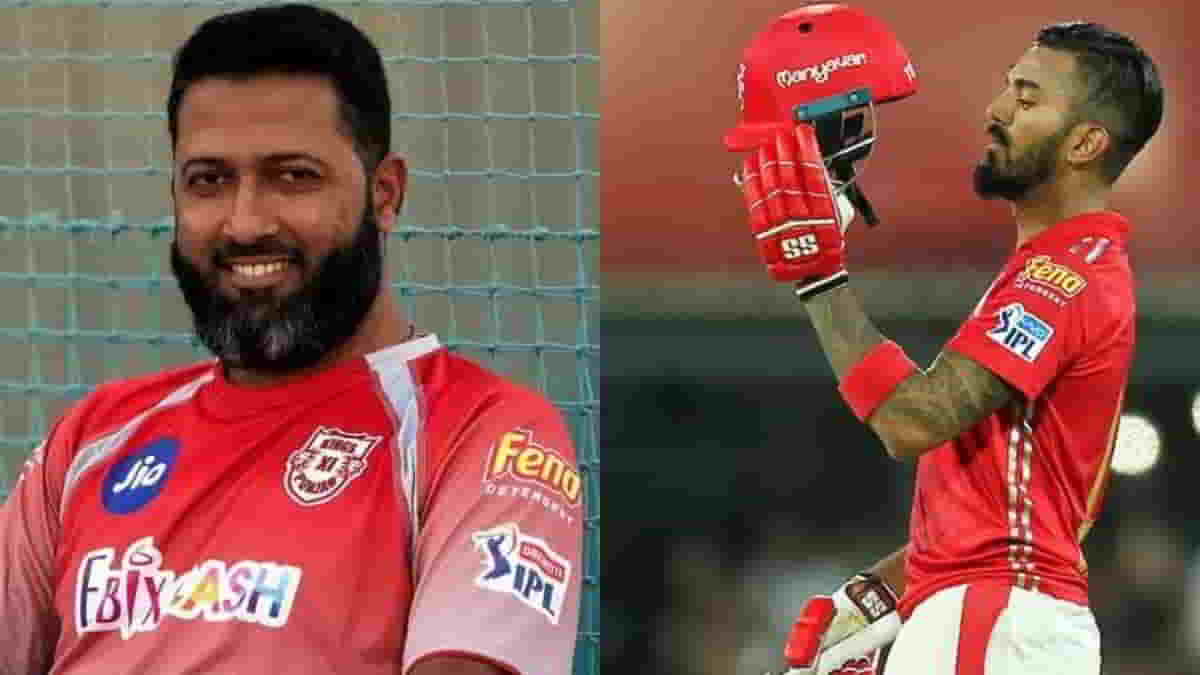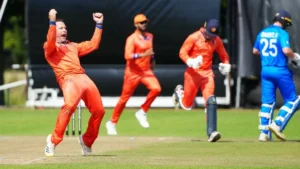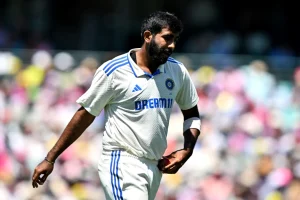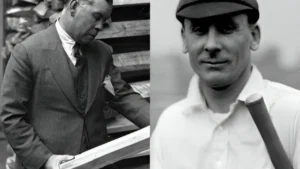Cricket, a widely recognized sport globally, has unfortunately seen its share of match-fixing scandals involving players enticed by criminal networks seeking profit. Match-fixing, alongside betting and gambling, has become a lucrative enterprise, drawing players into questionable activities. When caught, these players face bans and even imprisonment. Let’s delve into the stories of ten cricketers who found themselves banned due to their involvement in match-fixing.
Saleem Malika
Saleem Malika, a skilled right-handed middle-order batsman and former Pakistan captain, made history as the first player suspended for match-fixing. In 2000, a judicial investigation found him guilty of bribing fellow players Shane Warne, Mark Taylor, and Tim May during the 1995 Pakistan tour. The Pakistan Cricket Board initially banned him for life, but the ban was later lifted based on a judicial decision.
Muhammad Amir
Muhammad Amir, a talented young Left Arm Fast bowler, faced charges of spot-fixing in 2010. He was found guilty of bowling deliberate no-balls during a test match against England. Amir’s guilty plea in a British court resulted in a reduced ban due to his age and confession.
Muhammad Azharuddin
Former Indian captain Muhammad Azharuddin, renowned for his elegant batting, was implicated in match-fixing in 2000. He introduced South African captain Hansie Cronje to bookies, leading to threats of a life ban from the ICC and BCCI. However, he was released from the sentence.
Maurice Odumbe
Maurice Odumbe, a former Kenyan ODI captain, saw his cricket career cut short due to involvement in illegal activities. Investigated by the ICC Anti-Corruption Unit in 2004, he was found guilty of collecting money from bookies, resulting in a five-year ban.
Hansie Cronje
Former South African captain Hansie Cronje received a life ban from the United Cricket Board of South Africa for accepting money from bookmakers and influencing teammates to underperform.
Ajay Jadeja
Indian cricketer Ajay Jadeja, known for his aggressive play, was banned in 1999 along with four others for match-fixing charges. The ban was later lifted by the Delhi High Court in 2003, allowing him to resume domestic and international cricket.
S. Sreesanth
S. Sreesanth, who played for India in Tests and ODIs, faced arrest in 2013 for alleged involvement in underperforming for money. Initially banned for life by the BCCI, his ban was later reduced to seven years by the Indian Supreme Court.
Mohammad Asif
Mohammad Asif faced multiple controversies, including a career suspension for drug use. He received a seven-year ban for spot-fixing in 2010, involving deliberate no-balls.
Lou Vincent
Lou Vincent admitted to 18 violations of regulations, including fixing match outcomes, leading to a lifetime ban from cricket by the England and Wales Cricket Board.
Danish Kaneria
Danish Kaneria, a Pakistani leg spinner, faced bans after being found guilty of spot-fixing in county matches. His appeals to lift the ban were denied.
These cricketers’ tales of banned careers highlight the importance of maintaining integrity and fair play in the sport. While some bans were lifted or reduced, the impact of their actions on cricket’s reputation remains a cautionary tale.
Also Read: World Cup 2023: How does the schedule benefit India?
“Get more sports news, cricket news, and football updates, log on to sportsdigest.in. Follow us on Facebook or Twitter and Subscribe to our YouTube Channel.”
























